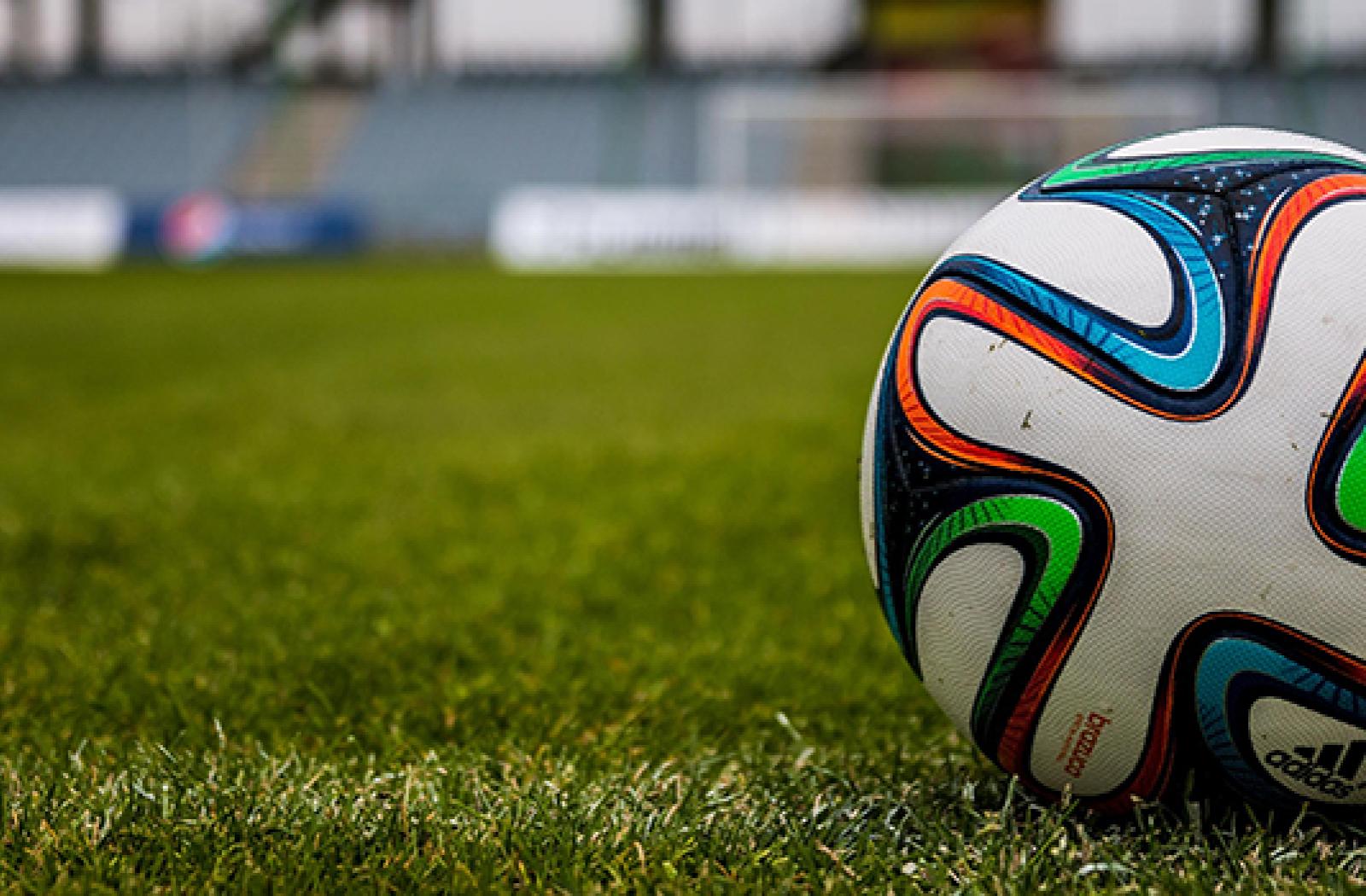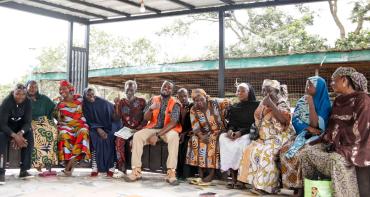To help sports policymakers and officials make good decisions about sport and exercise during the pandemic the Commonwealth is sharing lessons learned so far by sports policymakers around the Commonwealth.

The impact of Coronavirus (Covid-19) has been acute and far reaching. The response to the pandemic requires concerted action from all areas of society, including leaders and policy makers in the sport sector.
The high level of contact between participants and spectators means sporting events can heighten the risk of spreading coronavirus. Government sports agencies, governing bodies and leagues have therefore made difficult but necessary decisions to shut down or restrict professional and community sports activities. This means people have less opportunities to be physically active and enjoy the social interaction sport provides. Many people working in the field have lost their livelihood.
To help sports policymakers and officials make good decisions about sport and exercise during the pandemic the Commonwealth has launched a sport, exercise and physical activity section on its Commonwealth Coronavirus Response Centre.
To help share ideas, this includes a regularly updated list of policies Commonwealth countries are putting into place.
Lessons learned
A number of useful lessons and principles have emerged based on the responses across different Commonwealth countries.
1. Communicate clearly and often, using the same channels
The coronavirus situation is changing constantly and misinformation can spread quickly. This makes it vital that sport departments and organisations communicate clearly and often, using official channels, and using channels that can be easily updated
Official websites or social media accounts are better than one-off announcements or letters.
Examples:
- Australian Institute of Sport portal on Covid-19 and sporting activity
- Active Singapore Covid-19 latest updates
2. Signpost up-to-date official health advice
Include links and information from health services when communicating with the sports community.
Examples:
- Sport Canada advisory on Covid-19
- India’s Ministry of Youth Affairs and Sport message to the sporting community
3. Consult athletes, sporting organisations, partners and other stakeholders
The sporting community can help with the response to the crisis now and during the rebuilding process. It is important to ask for their input on what they need and how they can help.
Example:
4. Be flexible with budgets and staff
The shutdown of sporting activity means many individuals and organisations in the sector will face significant financial challenges over the coming months. This makes it important to assess what funding, staff and volunteers can be reallocated to support a response to coronavirus.
Examples:
- Sport England has initiated a three-month period of ‘significant flexibility’ in managing funding and support
- South Africa’s Department of Sport, Arts and Culture have released a framework and criteria to provide financial relief to the sector
- The Singapore Sports Council recently announced a strategy to respond to the impact of the COVID-19.
5. Stay in contact with the sport community and stakeholders
Developing systems to stay in touch with partners and stakeholders will provide support and enable advice to be shared.
Examples:
6. Provide leadership on the importance of staying physically active
The longer social distancing measures are in place the more important the health and wellbeing benefits of staying physical activity will become. Many organisations that have have collated guidelines, resources and workouts to help people exercise while social distancing.
Before the pandemic 32% of women globally did not do enough physical activity verses 24% of men, while people with a disability were twice as likely to be inactive. Physical activity levels also decline with age. It will be important for government sports agencies and sporting organisations to share advice and guidance targeting women and girls, persons with a disability and the elderly as part of efforts to promote physical activity during the pandemic.
Examples:
- Sport England stay in work out campaign
- Sport New Zealand staying active in lockdown campaign
7. Help sport organisations to support their communities
As social distancing measures increase so too will the risk of social isolation. Professional and community sports clubs can help maintain social connections even when there’s no sport going on. This can be as simple as sport clubs phoning members for a chat.
Organisations in New Zealand and the United Kingdom have illustrated the role sport organisations can play in help maintaining social connection. While the example of India shows how the volunteer workforce, which included many sport volunteers, could be redeployed to support the coronavirus response.
Examples:
- United Kingdom's Connect Sport report on the response of community sport organisations
- India’s Ministry of Youth and Sport request to volunteers to support the Coronavirus response
Main take away
The immediate focus of countries affected by the Coronavirus must be on the public health response. This means sports activities need to be suspended. This action is necessary but will have wider health, societal and economic impacts.
Keeping people active, maintaining social connections forged through sport and, in the longer term, rebuilding the sector are therefore important responsibilities for sport policy makers and leaders in the field. We hope sharing good practice and pooling our collective knowledge will help with this task.



